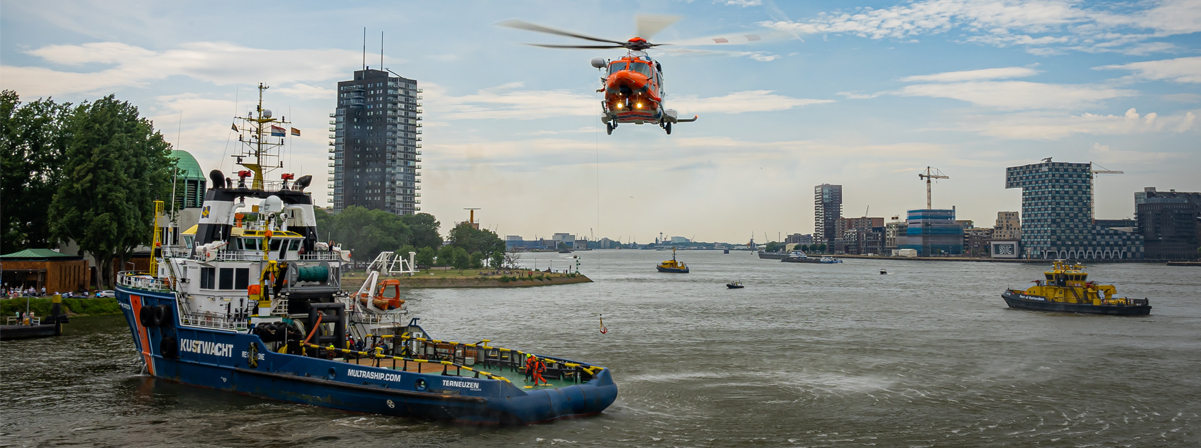
IMRF and Lloyd’s Register Foundation partner to lead a strategic review of global maritime search and rescue systems
LONDON : The International Maritime Rescue Federation (IMRF), in partnership with Lloyd’s Register Foundation, has launched the first-ever Global Maritime Search and Rescue (SAR) Systems Review in order to understand, evaluate and help strengthen maritime SAR systems worldwide.
This strategic review will assess the current effectiveness of SAR capabilities at local, national, and international levels, identify emerging risks and critical gaps, and deliver long-term, evidence-based recommendations to ensure SAR systems remain resilient in an increasingly complex maritime environment.
The review will also identify key challenges and opportunities that could shape global maritime SAR systems over the next 10 to 20 years. It will examine the effects of climate change, geopolitical instability, and economic pressures. Additionally, the initiative aims to gain a deeper understanding of regional disparities in SAR capacity.
The assessment will include a wide range of stakeholders across the maritime SAR sector, including local and national SAR organisations, government entities, commercial shipping operators, artisanal fishing communities, academics, industry suppliers, and technological innovators. By collaborating with industry experts, the IMRF and Lloyd’s Register Foundation aim to help shape maritime SAR for decades to come.
“Those in distress on the water depend on timely and effective search and rescue responses from all involved in the global SAR system. This comprehensive global review of maritime SAR systems by the IMRF, with the vital support of Lloyd’s Register Foundation, will help to identify persistent gaps in capabilities, foster collaboration across borders, and lay the groundwork for a safer maritime future around the world,” said Caroline Jupe, CEO of the IMRF.
“Robust and effective maritime search and rescue capabilities and capacities are critical to global maritime safety and the protection of human life. We are pleased to once again partner with the IMRF to support their latest effort to empower SAR communities, organisations and decision makers to act decisively, collaboratively, and equitably, and keep more people safe at sea,” said Jan Przydatek, Director of Technologies at Lloyd’s Register Foundation.
This new collaboration between the IMRF and Lloyd’s Register Foundation is the latest in a series of joint efforts to improve the capabilities and effectiveness of maritime SAR organisations around the world. The two organisations are collaborating on the #FutureSAR initiative to improve the effectiveness of SAR teams amid climate change challenges, and recently, Lloyd’s Register Foundation funded the feasibility study for the #SaferSAR initiative to encourage greater data and best practice sharing within the maritime SAR community.
About the International Maritime Rescue Federation (IMRF)
The International Maritime Rescue Federation (IMRF) brings the world’s maritime search and rescue (SAR) organisations together in one global and growing family, to share knowledge and improve maritime SAR capabilities and response so more people in distress at sea can be saved.
IMRF’s member organisations share their lifesaving ideas, technologies and experiences and freely cooperate with one another to achieve their common humanitarian aim: “Preventing loss of life in the world’s waters”.
The IMRF (known as the International Lifeboat Federation) was founded in 1924. In 1985, it was granted non-governmental consultative status with the International Maritime Organization (IMO) in recognition of the good work being undertaken and the growing need for an organisation to act as a global focal point for maritime SAR. In 2003, it was registered as an independent charity, and in 2007, the organisation was renamed the International Maritime Rescue Federation (IMRF), reflecting the broader scope of modern maritime SAR activity.

